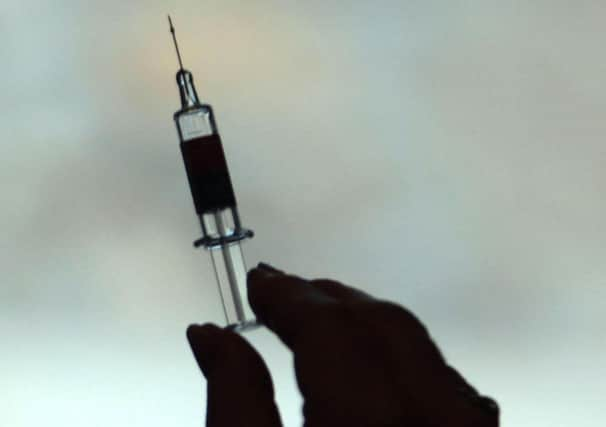Virology expert: We do not yet know enough about the course of Covid-19, and the response has shifted to halting its rapid spread


That is the main reason why some of the advice has been confusing and has had to be changed and may well still have to change more.
We simply do not yet know enough about the clinical course, the infectious dose and other basis data about SARS–CoV2 the virus that causes Covid-19.
Advertisement
Hide AdAdvertisement
Hide AdThe strategy of the government has been heavily influenced by modellers and nudgers from the behavioural economics area, but the earlier strategy of aiming for herd immunity has now been abandoned because of the severity of the situation observed in Italy and also because it is not known if indeed the virus establishes a long lasting immunity that protects against reinfection.


The other less virulent coronaviruses which only cause common colds do not establish high and long lasting immunity and recurrent infections do occur even in adults.
Now the strategy has changed to one where we try to defeat the virus by inhibiting its spread.
Some argue that we have wasted precious time and that this should have been the strategy from the start. It is now absolutely necessary as the NHS could not cope with the very large numbers of patients that would occur if the virus circulated unchecked.
Advertisement
Hide AdAdvertisement
Hide AdAbout 20% of the infected people would have to go into hospital of a quarter would end up in intensive care units.
Under these conditions the epidemic would almost certainly cost over 200,000 lives in the UK and about 6000 deaths in Norther Ireland primarily in the elderly who also have other conditions.
Even with the restrictions in place an adhered to, serious NHS capacity and supply problems remain. We should take heart from the successful experience in China where numbers after two months of isolation are now low and appear to manageable.
The current low rate of lack of testing needs to be changed rapidly as deciding we don’t test so much anymore because the genie is out of the bottle, leads a situation where we don’t know the basis figures that we need for proper modelling the epidemic.
Advertisement
Hide AdAdvertisement
Hide AdThe hope is that now that the peak numbers will be reduced and that by the time the peak of the epidemic has passed we will have some drug treatments to alleviate the symptoms for the most serious cases.
Several drugs that have been used for other conditions are being trialled and we can reasonably expect that clinical management of the most severe cases can be helped by alleviating the most serious symptoms using these drugs.
The benefit is that as they have been used in people before and we have already got extensive experience of their use.
We have the sequence of the genome of the virus and that has helped already in formulating the first vaccine candidates that have already gone into small scale trials. More vaccine candidates will follow shortly but it takes time to develop a vaccine that is safe.
Advertisement
Hide AdAdvertisement
Hide AdA demonstrably safe and approved vaccine is probably more than a year away, because one that is to control for an illness that for most people is very minor needs to have been safety tested extensively so that the potential side effects are not worse than the disease.
Experience with vaccines for the more serious SARS virus that occurred in 2003 and the MERS virus which circulates in Saudi Arabia with 30% mortality has shown that eliciting an appropriate long lasting immune response is difficult and that potential vaccine induced disease enhancing effects need to be guarded against.
This is why for Covid-19 a potential vaccine requires much more and extensive testing than say an Ebola vaccine where the diseases is so severe and the mortality is so high that the risk benefit balance for taking the vaccine is skewed to taking it without large scale studies.
• Bert Rima is emeritus professor of molecular biology and virology at Queen’s University, Belfast